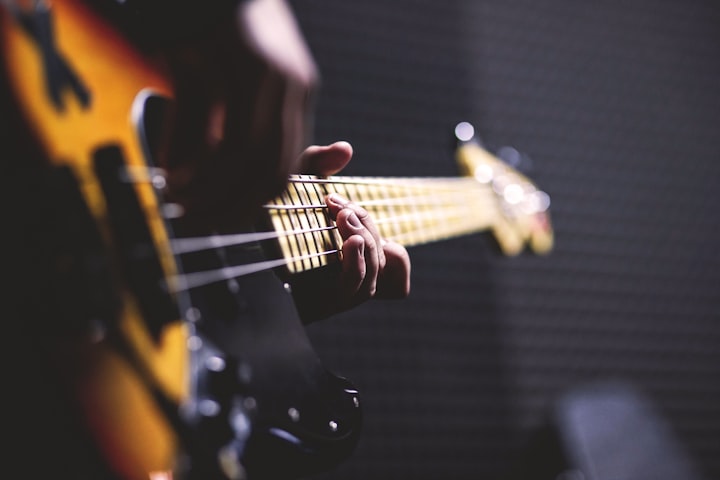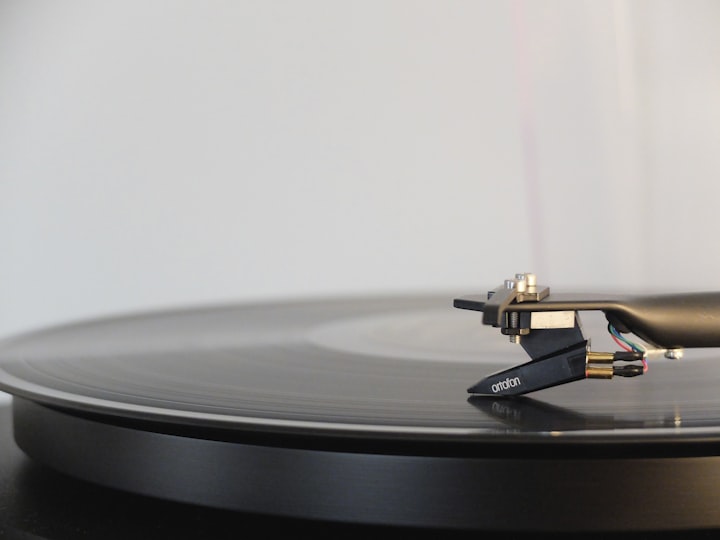10 Effects Of Music On The Brain
Do you listen to music?

Music can improve verbal IQ, be a help in treating heart disease, evoke colors in the mind, and even help you see happy faces around you. Every music fan knows what amazing power music can have over both thoughts and emotions. Good music can turn an ordinary day into something magical, even spiritual.
It can provide comfort, relief, strong sensations, and more. But the influence of music is spreading even more: even from our genetic code, through our thoughts and bodies, and externally through the way we associate in groups.
1. Improves verbal IQ
Practicing the piano not only improves musical skills but can also improve visual and verbal skills.
A study of children between the ages of 8 and 11 found that those who had extracurricular music lessons developed a higher verbal IQ and visual skills than those without musical training.
This indicates that the benefits of learning an instrument are not only musical but extend to cognitive cognition and perception.
2. Feeling shivering
Have you ever felt shivers down your spine while listening to music? According to a study by Nusbaum and Silvia (2010), over 90% of us feel this.
However, how much you feel depends on your personality. People who have high scores on one of the five dimensions of personality called "openness to experience" are more likely to feel the most shivers when listening to music.
In this study, people with high scores on openness to experience were more likely to play an instrument and consider music important to them.
3. Active listening amplifies happiness
If you don't feel shivering, maybe you should work harder. A recent study contradicts the old advice that it is useless to actively try to feel happier.
In the study by Ferguson and Sheldon (2013), participants who listened to optimistic classical compositions by Aaron Copland, while actively trying to feel happier, felt that their mood improved more than those who did. they listened to music passively.
This indicates that active listening, rather than letting the music go unnoticed, gives this experience extra emotional power.
4. Singing together brings us together
Since music is usually a social activity, doing this together can help bring us closer together.
A study of almost a thousand Finnish students who took part in extended music classes found that students indicated a higher degree of satisfaction at school in almost any subject, even those unrelated to school hours. music itself.
Explaining the results, the head of the Päivi-Sisko Eerola study stated:
"Singing in choir or ensembles are popular activities in extended music classes. Other studies have shown that people find synchronization with others very enjoyable. This increases membership in the group and can even make people like each other more than before. "
5. Music treats heart disease
… or at least can help manage the stress and anxiety associated with treatment for coronary heart disease.
An analysis of 23 studies involving approximately 1,500 patients found that listening to music reduced heart rate, blood pressure, and anxiety in patients with heart disease.
6. Why sad music improves your mood
"Mood management" is the main reason why people love music.
And all music fans know that music can have a cathartic effect. But, it is still strange that for some people sad music can, under the right circumstances, improve their mood. Why?
According to a study by Kawakami and colleagues (2013), sad music is pleasant because it creates an interesting mix of emotions: some negative, some positive.
Essentially, we sense negative emotions in music, but we don't feel them strongly.
7. We see happy faces
Music can make you feel different, but also up to 15 seconds of music can change the way you judge the emotions expressed by other people's faces.
A study by Logeswaran and colleagues (2009) found that a rapid explosion of cheerful music causes participants to perceive the faces of others as happier. The same was true of a piece of sad music. The greatest effect was observed when people looked at their faces with a neutral expression.
In other words, people projected the state of the music they listened to on other people's faces.
8. The color of the music
Music, of course, makes people think of certain colors. In different cultures, people combine certain types of music with certain colors.
In a study by Palmer and colleagues (2013), both people in Mexico and the United States showed remarkable similarities in the association of duller, darker colors with sadder musical fragments, and the association of lighter, stronger colors with happier music.
A re-examination of this study indicated that these music-color associations were observed due to the emotional content of the music.
9. Can music bring your eyes back?
In 60% of cases where people have a stroke, the visual areas of the brain are affected.
This leads to "visual neglect": the patient loses consciousness of objects on the opposite side of the brain that has been affected.
But, studies have found that when patients listen to their favorite music, some of their visual attention is restored (Tsai et al., 2013).
So, music can be an important tool for rehabilitation in patients with stroke.
10. Babies are born to dance!
Even five-month-olds respond rhythmically to music, and they seem to find this more interesting than speaking.
In a study, babies danced spontaneously to all different types of music, and those who kept the rhythm the most were also the ones who smiled the most.
Maybe music is really in our genes!





Comments
There are no comments for this story
Be the first to respond and start the conversation.